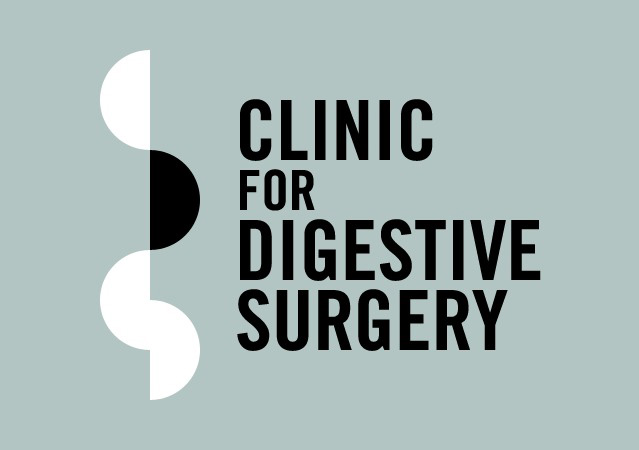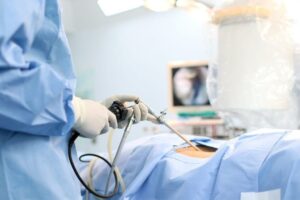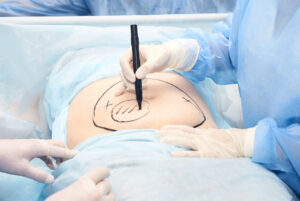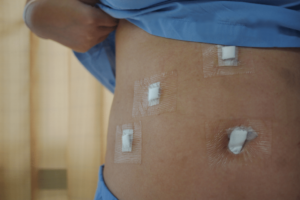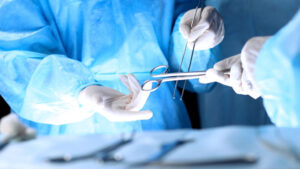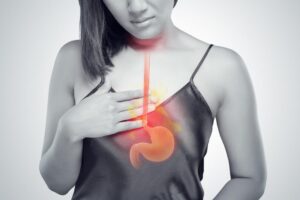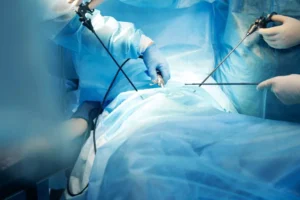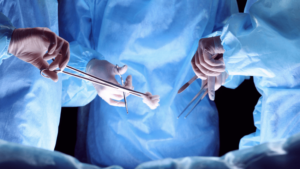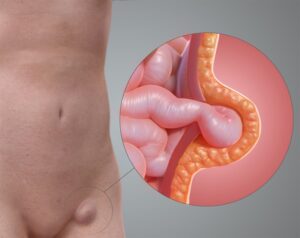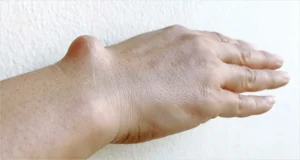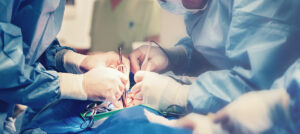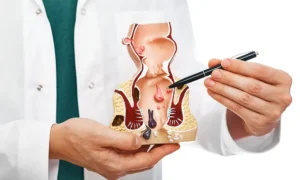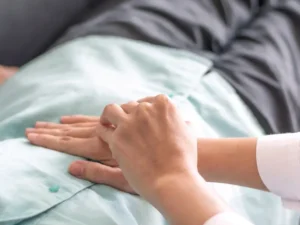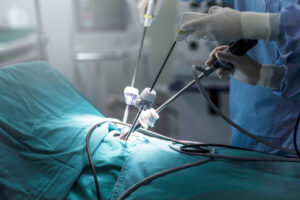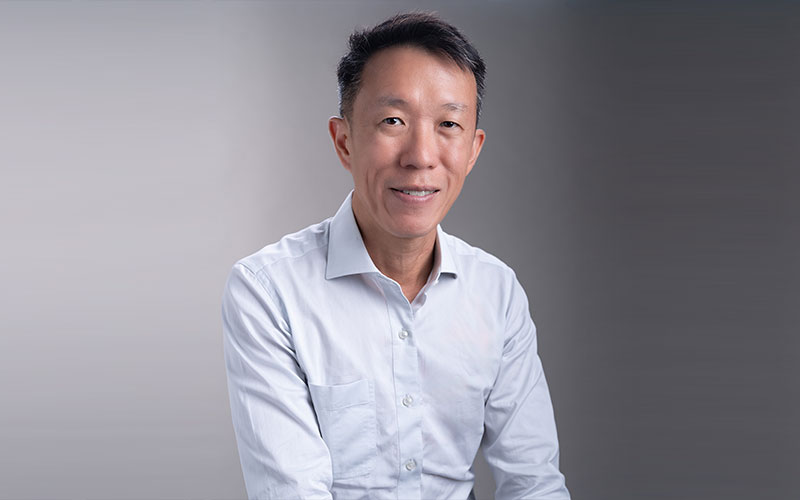GERD is a condition that occurs when the reflux of stomach contents, including gastric acid, causes troublesome symptoms. This happens when lower oesophageal sphincter (LES), does not function properly, allowing gastric acid to flow back up into the oesophagus.
Common symptoms of GERD include:
- Burning sensation in the chest (heartburn)
- Backwash of food or sour liquid in the throat (regurgitation)
- Difficulty swallowing (dysphagia)
- Sore throat
- Hoarseness of voice
- Asthma-like symptoms (coughing, wheezing)
- Chest pain or discomfort
What is the treatment for GERD?
Lifestyle changes and medications are the first-line treatment for GERD.
Lifestyle Changes:
- Quitting smoking
- Losing weight
- Raising the head of the bed by 15-20cm
- Avoiding late meals
- Avoiding trigger foods such as:
- Caffeine
- Alcohol
- Fatty foods
- Citrus fruits and juices
Medications:
Antacids/Alginates (e.g., Gaviscon): neutralize stomach acid and provide short-term relief for heartburn symptoms.
Histamine Receptor Antagonists (e.g., Cimetidine, Famotidine): reduce acid production in the stomach and are more effective than antacids in relieving GERD symptoms.
Proton Pump Inhibitors (e.g., Esomeprazole, Dexlansoprazole): more effective than Histamine Receptor Antagonists in reducing gastric acid secretion.
Potassium Competitive Acid Blocker (e.g., Vonoprazan): a new class of medication, most effective in reducing stomach acid, approved for the treatment of erosive esophagitis in the United States in 2023.
Anti-Reflux Surgery
Anti-reflux surgery is generally reserved for patients who have persistent GERD symptoms or develop complications (e.g., severe esophagitis) despite optimal medical therapy. Before undergoing anti-reflux procedures, patients typically undergo:
- Upper endoscopy
- pH study
- Oesophageal manometry
Commonly performed anti-reflux surgeries include:
- Laparoscopic Partial Fundoplication (Toupet posterior 270° / Dor anterior 270°)
- Laparoscopic Complete Fundoplication (Nissen)
Anti-reflux surgeries vary in terms of efficacy and durability, with different adverse effects. Laparoscopic Nissen Fundoplication is highly effective in relieving GERD symptoms and most durable, but it is also associated with the most adverse effects, such as dysphagia, gas bloating, and difficulty in vomiting.
